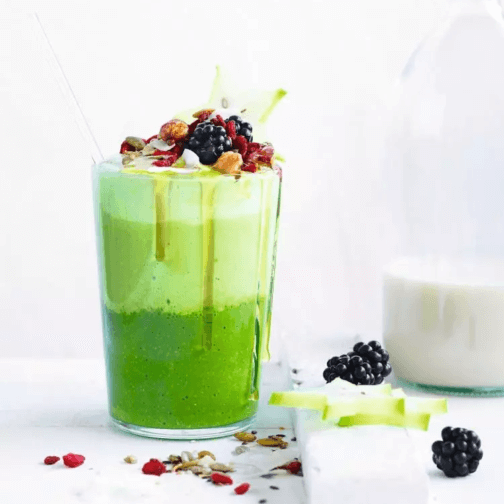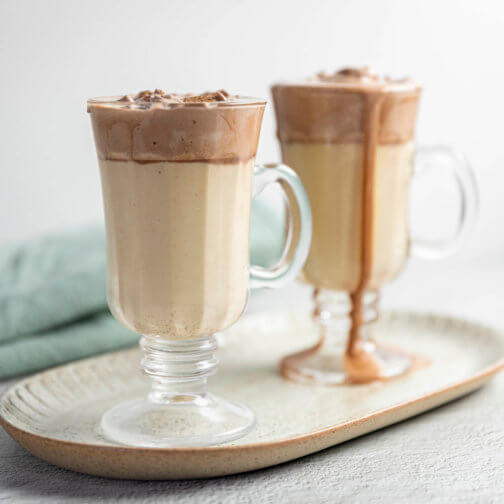
Feeling stressed? Or a bit low? It turns out there are things we can do to boost the benefits of our brain’s natural happiness chemicals.
We could all do with a little help to keep us on or steer us back to a happier thought path now and then. We also have particular brain chemicals that affect our happiness, and there are simple things we can do to give these a boost when we are feeling less than amazing.
WHAT IS HAPPY?
When contemplating how to boost your happiness, it’s worth examining what the word means to you, as it’s not the same for everyone, says neuroscientist and author of The Women’s Brain Book Dr Sarah McKay. “You might have 20 or 30 or 40 different emotions that different people might use to explain ‘happy’,” she says. “Playful or content or peaceful, or you’re feeling courageous or valued or thankful or hopeful or cheeky or free or joyous.”
McKay says that in assessing your emotions and how you feel, your brain gathers a whole host of signals from your body, such as your heart rate, muscle soreness, hormone levels, gut sensations, and whether your bladder is full or empty. It then analyses this data based on several other factors. “We’re receiving this constant stream of data from our bodies and then we’re making meaning of that based on the context we’re in, the people we’re with, the time of day it is, the room we’re in, the entire context we’re absorbing from the outside,” she says. “Then we’re filtering that through our previous experiences and memories.”
While there is a lot else going on that can impact feelings of happiness, four of the main hormones that affect our happiness are dopamine, oxytocin, serotonin, and endorphins. Let’s see how we can boost these when we need a little pick-me-up.
THE DOPAMINE REWARD
Dopamine is the reward chemical associated with the satisfaction we feel when we tick an item off our to-do list, says neurology professor Tissa Wijeratne from the University of Melbourne. It is associated with memory, learning, and motivation. “Completing a task is a good way to reward dopamine pathways,” he says. “Let’s say you wanted to mow the lawn – doing it, you wanted to tidy your wardrobe – doing that, you wanted to write a paper – completing it.”
After each success, remember to pat yourself on the back for your achievement, instead of grimly ploughing on to the next task. Wijeratne advocates for celebrating wins as much as possible, whether yours or someone else’s. Growing up in rural Sri Lanka, he remembers locals of course barracking for the nation’s cricket team, but they got into the spirit of the sport by idolising foreign players as well and celebrating after matches, no matter who won.
Dopamine’s positive powers can also be harnessed by listening to instrumental music, while the mood-boosting effect of music in general can lift your serotonin levels.
STABLISING SEROTONIN
Serotonin stabilises our moods when we feel off kilter. It keeps your sleep, digestion, appetite, memory, and ability to learn in check as well. Deep breaths of fresh air, time in nature, and focusing on healthy, calming self-care are the types of activities that will help regulate your serotonin levels.
“Meditation is a great way to increase serotonin,” says Wijeratne. “Running, a little sunshine, a walk in nature, birdwatching, green things. They are the easy ways to hack and regenerate serotonin in your body.”
Serotonin is synthesised through an amino acid called tryptophan. Low supplies of tryptophan are associated with mood disorders like and anxiety and depression. Research is ongoing, but it’s theorised that consuming foods high in tryptophan may help boost your serotonin stocks. Plant-based sources include dark leafy greens, sunflower seeds, pumpkin seeds, soy products, quinoa, beans, and plenty more.
LOVED UP OXYTOCIN
Adding to the happy feels, oxytocin is our brain’s love potion. Dr McKay explains that our initial understanding of oxytocin was in relation to lactation, pregnancy, and childbirth, but is also involved in other bonding experiences with both people and animals. “When we connect with someone, whether that be with someone we love or cuddling our dog or seeing our kids coming home from school really happy and excited or hugging our mum if we haven’t seen her for a while – oxytocin is released at those times,” she says. “It is associated with those warm, prosocial feelings.”
Other activities that bring on the positive effects of oxytocin include simply spending time with someone you’re close to, sharing a meal, and giving compliments. Massage is a fantastic way to enjoy the benefits of all four happiness hormones, including oxytocin.

Image: Samson Katt on Pexels
FEEL GOOD ENDORPHINS
Endorphins are nature’s painkillers, which your body releases into your blood stream in response to stress or discomfort, but they also kick into gear when you engage in rewarding activities such as working out, eating, having sex, or laughing.
Exercise in the sunshine to give yourself a boost of endorphins and serotonin at the same time, and get some friends involved for added benefits. Although any amount of exercise brings health bonuses, aim for at least 30 minutes to bring about that mood-elevating endorphin surge. While listening to music helps elevate some of your other mood-boosting hormones, dancing and creating or performing music causes endorphins to be released.
***
While it’s useful to understand these four main happiness chemicals and increase your engagement in activities that activate them, don’t stress yourself out in pursuit of the perfect amount or balance of these behaviours. This would be counterproductive. Sometimes it’s best to keep things straightforward, says Wijeratne. “When bad things happen, try to keep laughing,” he says.
Lead image: Maria Orlova on Pexels





















